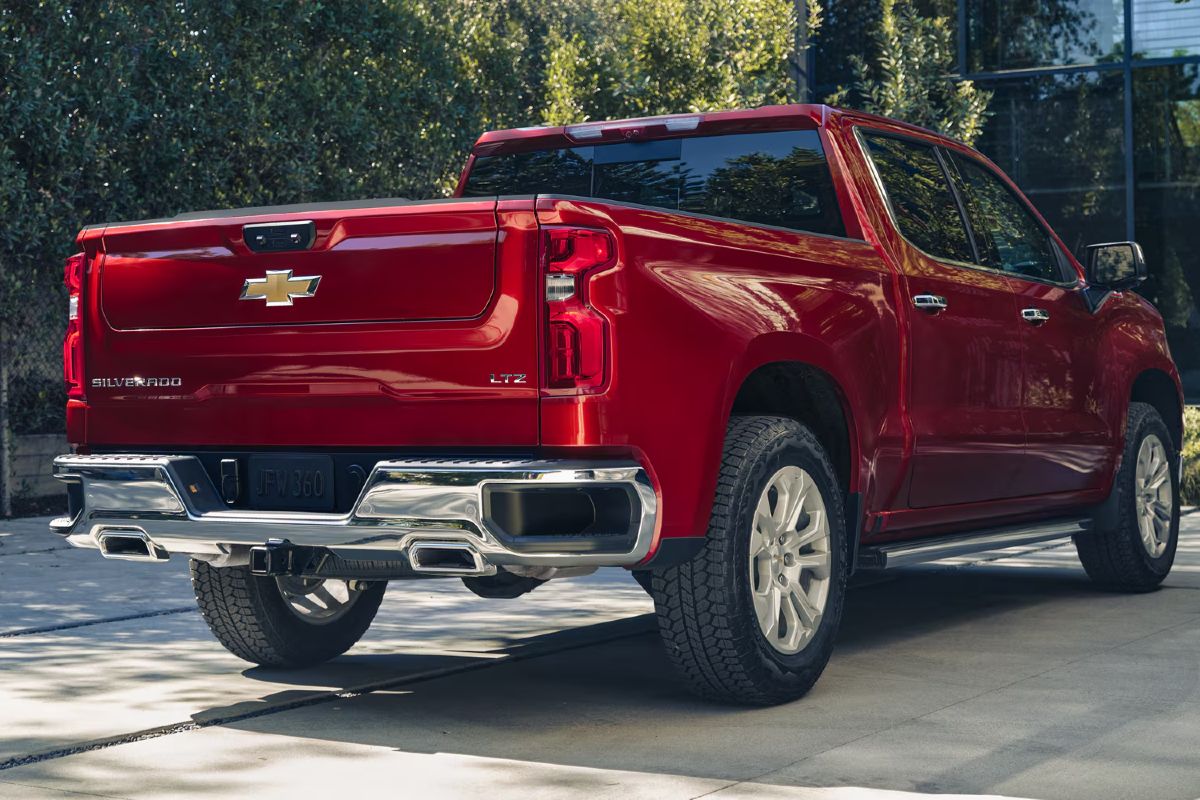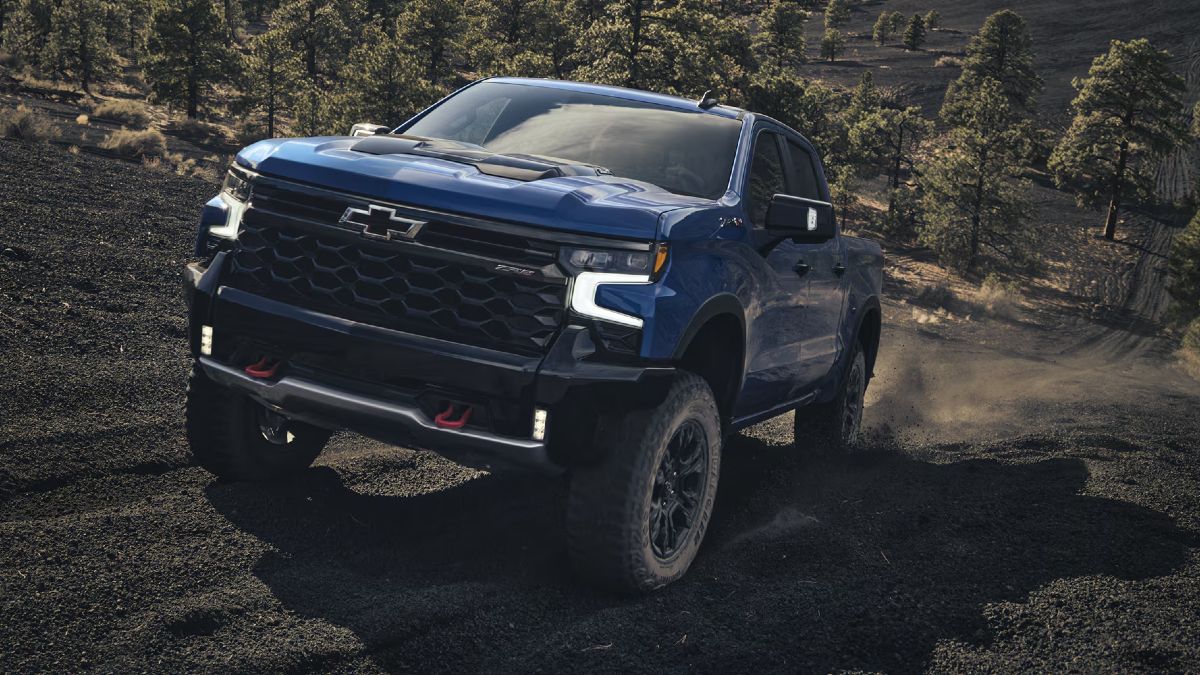If you’re using your Chevy Silverado the way it was built to be used, then you’ve probably tackled all kinds of tough jobs, carried incredibly heavy loads and/or driven over some pretty rough terrain through the years. Chevy trucks are well known for their dependability and durability, but even the most reliable vehicle has to be taken care of with routine maintenance in order to live up to its reputation.
One of the most critical components to making sure you can continue to safely do all the things your Silverado is meant to do is your brake pads. Today we’re going to help you recognize when it’s time to get these unsung heroes taken care of, by showing you how to tell if your Chevy Silverado needs new ones.

Why Do Brake Pads Matter?
In case you don’t know exactly what your brake pads are, they’re the friction material responsible for pressing against the brake rotors of your Silverado in order to slow or stop the truck. Thanks to all of the heat, pressure and repeated use associated with that friction – which is only increased by adding the weight of your heavy loads – this material wears down over time. Operating your Silverado with worn brake pads can cause your truck to take longer to come to a complete stop, can cause damage to your brake rotors and can even lead to complete brake failure if ignored. So, you can see why they matter!
5 Signs Your Silverado Might Need New Brake Pads
To help you identify when your brake pads might need to be replaced, we’ve compiled a list of five of the most common signs that they’ve become too worn down:
- Squealing, Screeching Noises
- This is probably the most common sign that something might be wrong with your brakes. But did you know that this high-pitch squealing or screeching sound is actually produced by a wear indicator built into the brake pad? It’s a purposeful feature of your brake pads meant to warn you that it’s time for brake maintenance.
- Grinding Sounds
- The sound of grinding, however, is not a feature. This typically means that your brake pads have become completely worn down, and now there is metal-on-metal contact with your rotors each time you apply pressure to the brakes. This can lead to serious damage and means you need to get your brakes serviced as soon as possible.
- Longer Stopping Distances
- If you notice that it’s taking longer to come to a complete stop, even if you’re under completely normal driving conditions, that’s a surefire sign that your brake pads have become too thin.
- Braking Vibration
- If your brake pedal begins vibrating when you apply pressure to it, it could be indicating uneven pad wear — or, potentially, warped rotors. In either event, your brakes need pretty immediate attention.
- Brake Warning Light
- In addition to the built-in wear indicator, many modern Silverado trucks also have a sensor that can trigger a dashboard warning light when your pads become worn. You shouldn’t ignore this alert, as it’s your truck’s way of telling you it needs help.

How Often Should You Replace Brake Pads?
As you might expect, your driving habits and how often you’re transporting heavy loads will have a major impact on how often you’ll need to be replacing your brake pads. But speaking generally, your Chevy Silverado’s brake pads should last anywhere from 30,000 to 70,000 miles. So even if you don’t notice any of the warning signs above, by the time you hit that 70,000-mile mark, you should probably bring your truck in for an inspection anyways.
You can give us a call with additional questions or to schedule a service appointment, which you can also do right here on our website. We look forward to taking care of you and your Silverado here at Jim Glover Chevrolet!


